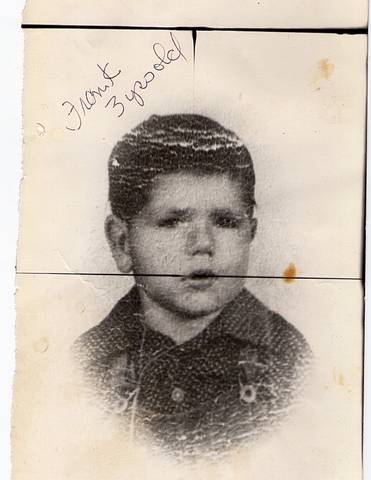TRANSCRIPTION
What do you remember about living in Mexico?
What I remember about my life in Mexico was that it was very hard as a kid. I remember we were living in pretty bad shape.

How did you get to the U.S. from Mexico?
I was only 19 days old when my mom and dad brought us here. But, I do remember when I was nine or ten years old riding the Mexican train where there were soldiers at each post. My dad would tell us not to tell anyone where were going. We were actually heading to the U.S. and we would cross the river to get there.
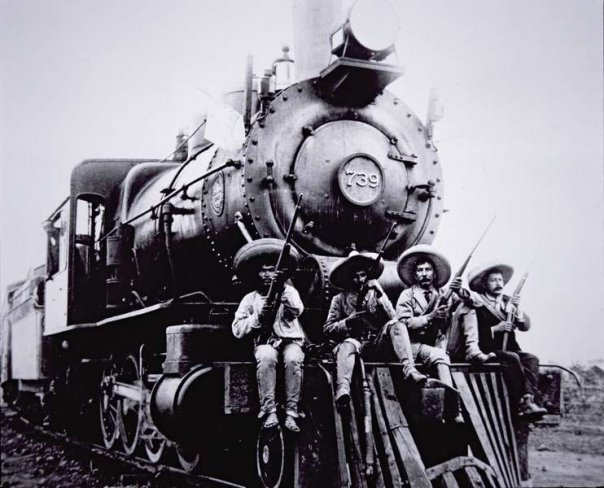
Why did you come to the United States?
Why did I come. I had no choice, my Dad was the one that brought us. To this day, If my Dad were alive, I would say thank you for bringing us here.
Once in the U.S where did you live?
In the U.S. we first lived in Donna Texas. As a kid growing up without papers I would say it was pretty normal. We weren't hiding or anything, we were just like any other normal kids.
What was your reaction when you arrived in the U.S.?
There was no reaction because for as long as I can remember we were going back and fourth between the U.S. and Mexico. I couldn't tell you what reaction I felt I just know that we would get out of Mexico. In Mexico it was a hard life for us there.
What did you do when you arrived here in the U.S.?
There was not a specific date of arrival for us we just came and went whenever my mom or dad would get deported.We would cross the river. We would travel untill we would see someone working in the fields and my parents would ask for a job. My Mom and Dad would work as we stood there and waited till the end of the day. After they finished working the farmer would give us a ride to Donna, Texas and then we would get a place for the night.
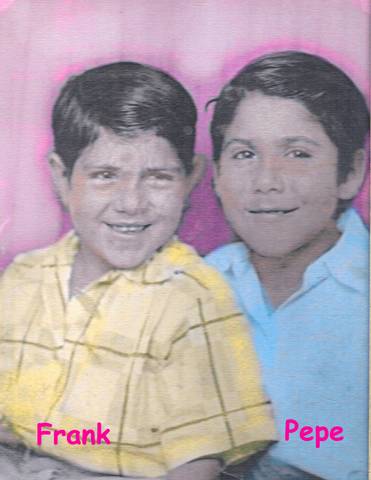
How old were you when you crossed into the U.S.?
I must have been about eight or nine years old,thats about the age that you can start to remembering. I can still remember us getting our papers.
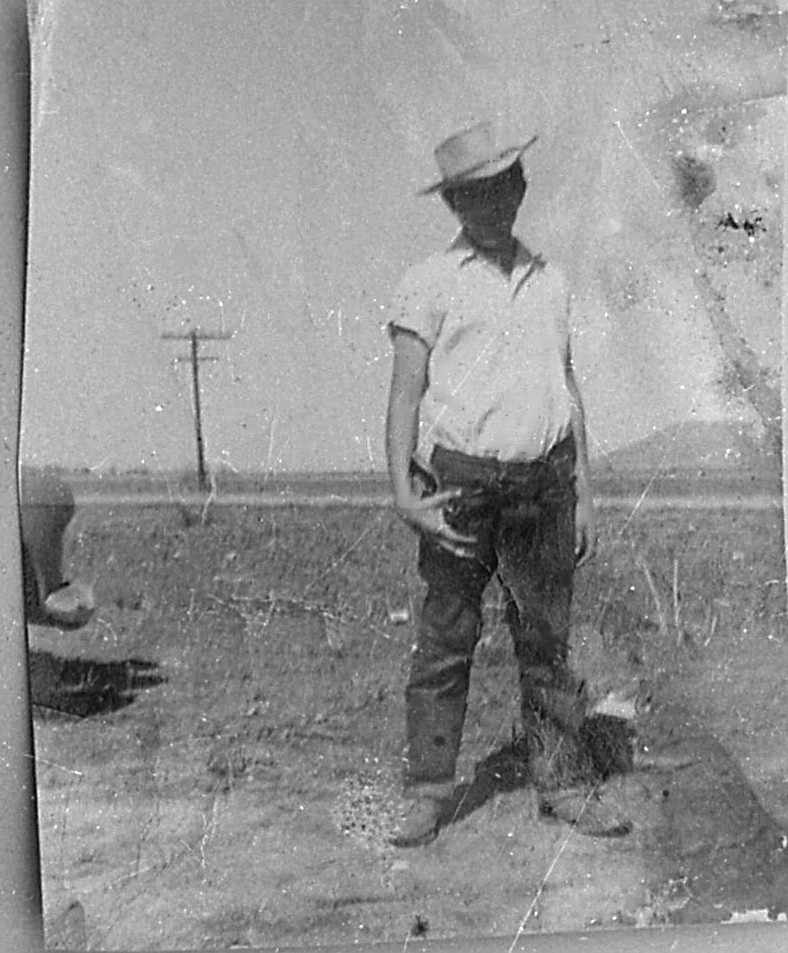
How did you communicate with others when all you knew was the Spanish language?
It was hard. I can remember one summer being about ten years old when my brother was playing with his friends Michael and Billy. They started talking in english and my brother told me to climb up the tree we were playing on. When I climbed up the next thing I know I was being shot at with a BB gun. I knew then that I had to learn English or this would never end. When the school year started I already knew how to speak English.

What did your Mother and Father do for money?
We were migrant workers, that is not what they were called then but that is what my parents did, they worked in the fields. My mom and my dad would work very hard, and what ever they farmed that is what was on our dinner tabel that night. If they were in the field picking tomatoes then we were going to have tomatoes soup. Ha! Ha! It was hard.
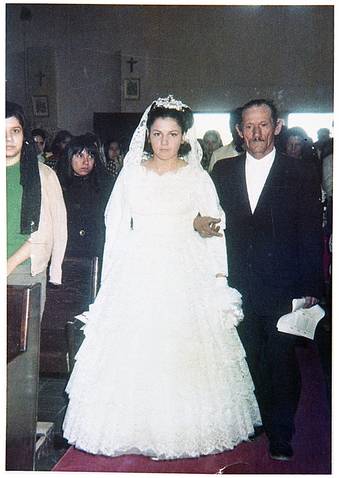

How much money did they make?
We all worked very hard for our weekly pay. Between all four of us (mom, dad, my brother and myself) together we would bring home about 25 dollars a week. In those days 5 dollars would buy you a bag of groceries.
What memories do you have migrating to the U.S.?
I have lots of great memories and not so great memories of going back and forth between Mexico and the US. Times were hard for myself and my family. Even though they were hard it was normal for us. We spent three months living under a tree because we had no home to live in. It was hard but it was not unusual for this to happen. We were homeless till I was about 17. My parents bought a piece of land and my dad built a house./B>


When you proposed to your wife, how did you ask her father if you could marry her?
I didn't. No, we eloped. After we were married and came home to tell her parents I faced a barrel of a shotgun. He did not do nothing it was all talk and no action. Of course, I did not stick around long enough to find out.
Once married what did you do for a living?
My wife and I continued to work in the fields. Because that was the kind, of life that I grew up in. It was hard for her but she came right along with me and we worked. This all changed one night as they traveld to Ohio and I was so tired I fell asleep at the wheel. My wife and I along with our new born baby girl had to walk in the snow to get help to pull our car out of the ditch. That was the last year we traveled to work the fields. That was in early 1966.
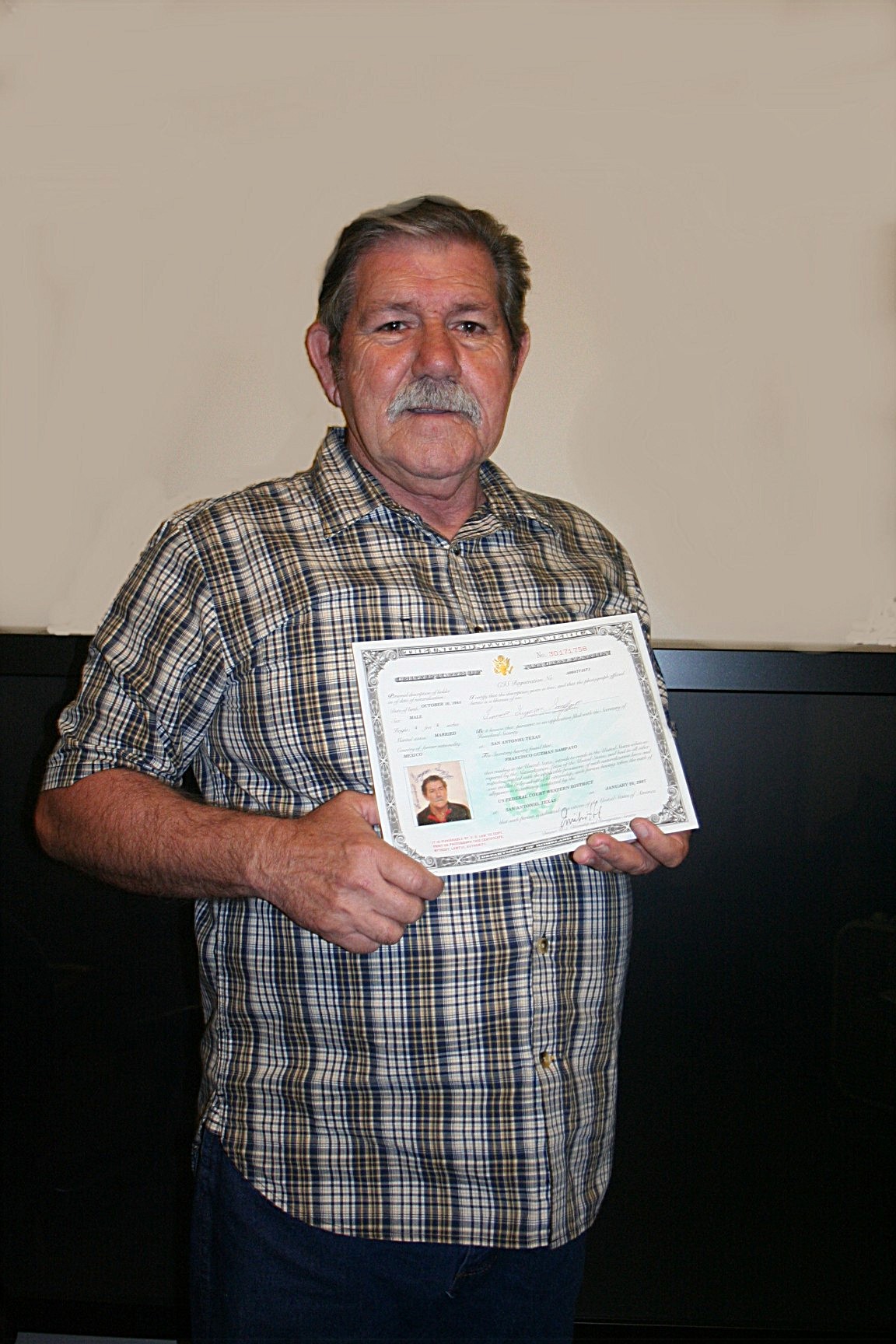
How hard or how easy was it to receive your citizenship papers?
You know I waited fifty years to become a citizen and I thought it was going to be very, very hard. But no, it was the easiest thing that I have ever done. You know an officer came out with a paper with ten questions. I asked the officer do you want me to answer the questions he said no. He said he would ask me some questions and I needed to answer them. So the officer had me sign the paper and out of those ten questions he only asked me six. Of course, I studied for a hundred questions and I was prepared to go and answer all hundred. But the six questions were very easy. Twenty minutes later I was out of there and I was told I'll see you at the ceremony. When they gave me my citizenship papers and of course you know listening to the national anthem brought tears to my eyes. I admit I had heard it all my life, but listening to it at that moment it meant more to me because I was part of what this Country stood for.
Why did you come to the United States?
Why did I come I had no choice my Dad is the one that brought us. I would imagine that he wanted to make a better life for all of us. Living in Mexico was very hard, atleast here in the US we had a fighting chance to survive and make a better life for all of us. I wish I could thank my dad for brining us here. He helped me make a better life for myself and my family. Thank you dad.
What is your greatest accomplishment so far?
My greatest accomplishment was working in a hospital for 13 and a half years as an operating engineer which is job mostly held by Navy personel because of the training they recieve. I remember we had an outage where the light went out and that evening I made sure that both generators were working. I did my job and I was proud to be there. I helped save many lives because without the generators working we could have lost patients. I also worked as a security guard as a truck driver and every job I worked I worked hard and gave it my best. I drove accros country to all 48 states. I retired as a truck driver.
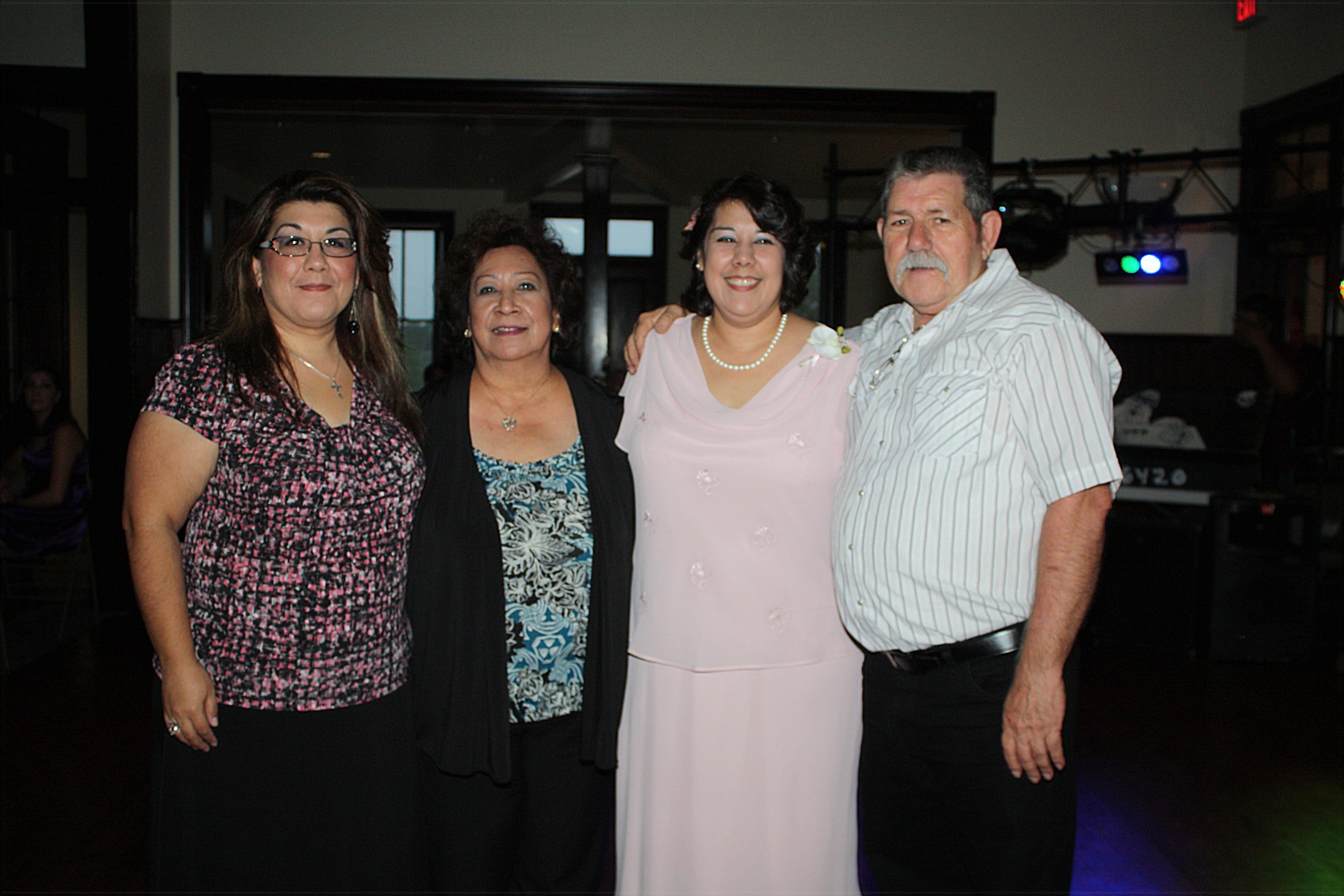
What do you want your great great grandchildren to know about you?
You know we all want the best for our kids. We don't want them to have the same life we did so I am pretty sure that their parents, our kids are going to make sure that our grandkids have what they need and give them a better life than what I had. A better life than what they had. That's the way it's going.
Do you have anything else to add to this interview?
No, I'am just proud to be a US citizen.
